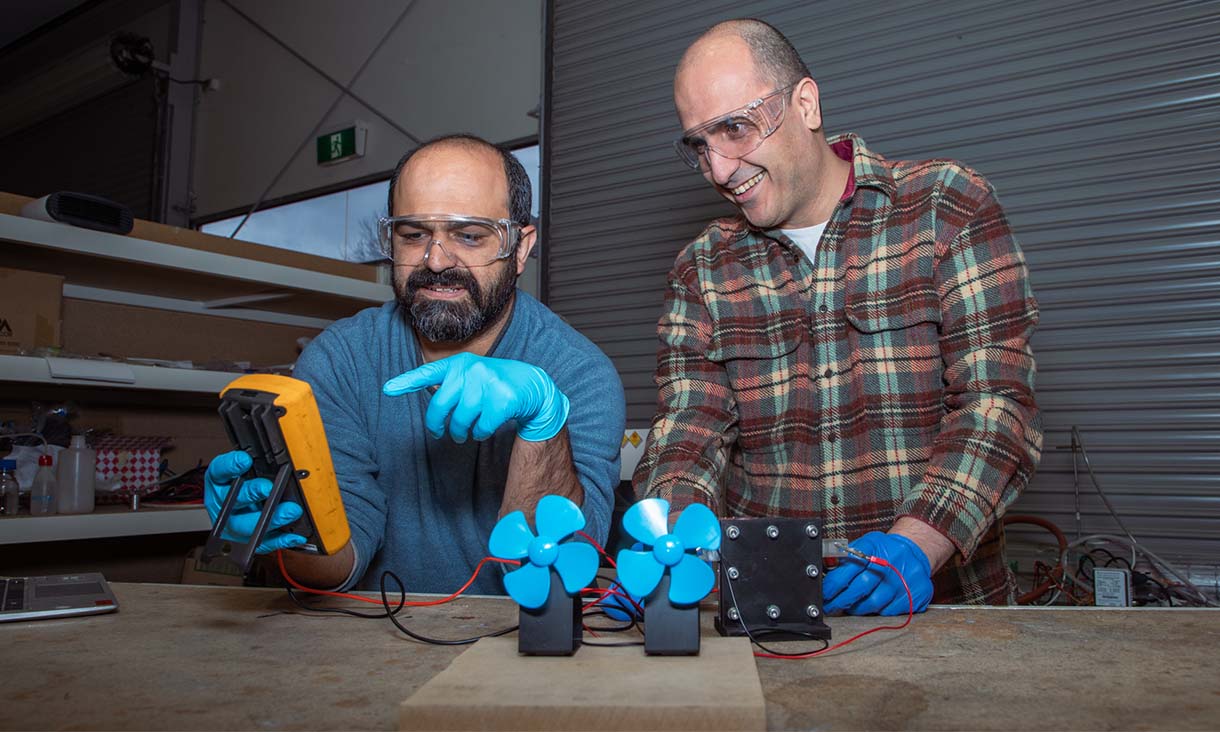This isn’t really an “emerging” battery tech, and there have been all kinds of hyped “breakthroughs” about hydrogen batteries for a long time. The issue here, like always, is that it does not scale, the cost is absurd, the tech is improving slower than Lithium batteries, and this essentially takes the working parts of a fuel cell but makes the storage foolishly low.
There are also no end-of-life environmental challenges with a proton battery, since all components and materials can be rejuvenated, reused or recycled.”
The same is true of Lithium cells, but the problem historically has been that recycling is more expensive because the volume of cells being recycled is vanishingly small. The ability to recycle a product doesn’t determine whether or not it is recycled, which is a really unfortunate truth we have to face.
Yep, RecycLiCo in Canada proving they can extract the minerals from the recycled batteries black mass to get as good as or better than original
Here is an alternative Piped link(s): https://piped.video/H85oUBsvBN8?feature=shared
Piped is a privacy-respecting open-source alternative frontend to YouTube.
I’m open-source, check me out at GitHub.
Good bot
So what is this made of if not lithium?
From the linked article
The battery uses a carbon electrode to store hydrogen that has been split from water, and then works as a hydrogen fuel cell to produce electricity
Chatgpt says:
Proton batteries are an emerging energy storage technology that uses hydrogen ions (protons) to store and release energy. They split hydrogen gas into protons and electrons at the anode, with a membrane allowing only protons to pass to the cathode. At the cathode, protons combine with oxygen and electrons to generate electrical energy. Proton batteries offer high energy density and potential environmental benefits but are still in early development and face efficiency and cost challenges compared to traditional batteries
Don’t use chatgpt as a source, there is no reason to trust anything it says.
It might be right, it might have just thrown together words that sound right, or maybe it’s completely made up.
it just guesses the next probable word. literally everything it says is made up.
Words are how we communicate knowledge so sometimes the most probable combinations of words end up being facts
“ChatGPT, please provide your rebuttal to this statement about you: […]”
Hey! That’s a common misconception. While I do predict the next word based on patterns in the data I was trained on, I’m not just making things up. I provide information and answers based on the vast amount of text I’ve been trained on. It’s more about recognizing patterns and providing coherent, relevant responses than just “guessing.” Cheers!
while it’s technically true that it “just predicts the next word”, it’s a very misleading argument to make.
Computers are also “just some basic logic gates” and yet we can do complex stuff with them.
Complex behaviour can result from simple things.
Not defending the bullshit that LLMs generate, just to point out that you have to be careful with your arguments
You have just described how human brains work
right, and they’re actually pretty bad at remembering facts, that’s why we have entire institutions dedicated to maintain accurate reference material!
why do people throw all of this out the window for advice from a dumb program I’ll never understand
Not really. We also have deductive capabilities (aka “system 2”) that enable us to ensure some level of proof over our statements.
What is the energy density (by volume) of this? It sounds like a rebrand of a hydrogen fuel cell, which has some limited applications, but has been supplanted by lithium-ion due to hydrogen’s low energy density and the fuel cell/electrolysis combo having poor energy efficiency.
Edit: specified density by volume, as density by weight was never the issue
The new proton battery has an energy density of 245 watt hours per kilogram, nearly three times the energy density of the team’s 2018 prototype
Irrelevant to this discussion, though.
How does it compare to competing technologies?
And more pertinent, how small does it get? Fit one in my phone? Motorcycle? Car? Boat?
You asked for the energy density, which is in the article, that’s why it’s relevant?
For the rest of your questions, try Google?

Hey Vsauce, Michael here…
vibraphone intensifies
Everyone likes a good boffin








